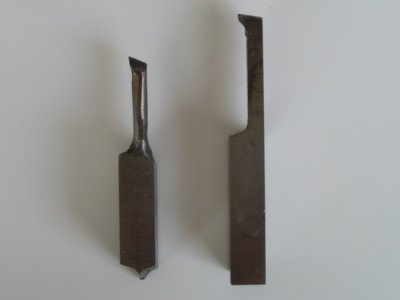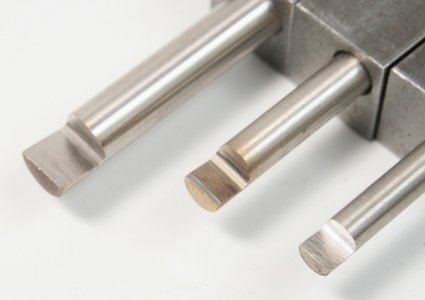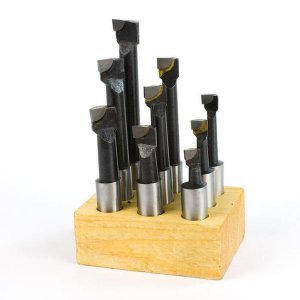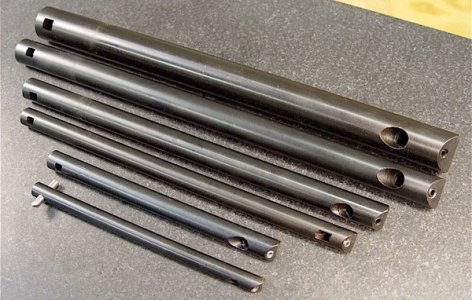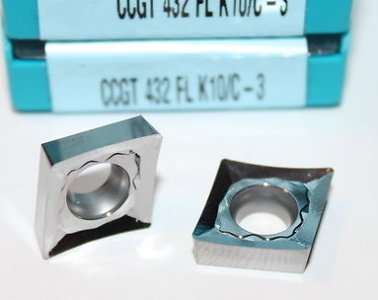- Joined
- Dec 20, 2012
- Messages
- 9,422
Thanks for the replies. That clears things up, my main concern was mostly about HSS or Carbide. and whether or not I was missing something on round base boring bars versus something else. I guess the holder was mostly a no brainer. Thanks again for the replies. Jess
Jess, I would do some homework on bar and insert geometry so you can choose a bar that fits your needs, and then if you can afford it I suggest you buy it in carbide. A steel bar is fine but a carbide bar will go twice as deep for any given size of bar and you will save money in the long run by going with that. Except for tiny bores, I no longer use solid bars on the lathe. I prefer the accuracy and consistency of an inserted tip bar.
I would avoid buying bars in sets, especially the import sets, unless the bar geometry and insert geometry is exactly what you need. Be careful what you buy - good bars are expensive and a mistake is going to cost you.

